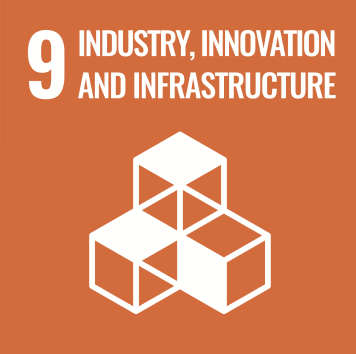AI for Global Development Organisations

Duration:
30/10–31/10/2025
Teaching format:
Classroom
Course objective:
New data sources and AI offer global development organisations the opportunity to work more effectively towards the Agenda 2030. For example, natural language processing can help with project design and new large-scale data sets can help better target or monitor projects. Moreover, generative AI in agriculture could help farmers optimise yields, AI-driven healthcare solutions could support doctors to better diagnose diseases in underserved communities, and AI-supported Ed-tech could help children learn better. Despite its positive development potential, new ethical concerns are emerging, such as data privacy and algorithmic bias. In addition, AI could widen the global digital divide and global economic inequalities. This introductory two-day course provides a general overview of the potential and challenges of AI for organisations aiming to contribute to sustainable and equitable development. The course aims to inspire participants by discussing with a diversity of experts in this rapidly evolving field and to provide participants with a first understanding how to promote AI’s positive potential while protecting those most at risk of being negatively impacted by its use.
Key topics:
- History and terminology of AI
- Opportunities and challenges of AI for low-income countries
- Natural language processing (NLP) for project management
- Potential of new data sources for sustainable development
- Remote sensing for monitoring and targeting of programs and development
- Data ethics and privacy
- AI surveillance, AI misinformation and biases of algorithms
- Use of AI for advancing education, health and agriculture in low-income settings
ECTS points:
1
Course fee:
CHF 570
Lecturers:
Prof. Isabel Günther, NADEL
Dr. Kenneth Harttgen, NADEL
Registration starts 2nd of June 2025

Goal 9: Industry, Innovation and Infrastructure